If you’re unfamiliar with or have never provided at-home patient care, you may not think there are many differences between home care vs home health services. The same can be said for caregivers vs home health aides. The reality is that they are very different services and providers. Continue reading this article to learn answers to these questions:
- What is the difference between home health and home care?
- What is home care?
- What services do home care agencies provide?
What Is the Difference Between Home Health and Home Care?
Suppose you have a loved one that is medically frail, suffering from chronic illness or injury, or requires assistance to perform the routine activities of daily living. In that case, you’re probably interested in finding the care option that allows them to stay at home comfortably. This situation often leads to choosing between two types of care—home care vs home health services. But what are the differences?
What Is Home Care?
Home care, also known as in-home personal care, is a care plan administered by non-medical services professionals that are trained care aides. One of the most significant differences with in-home care vs home health is that personal care caregivers act under the direction of the patient and their family members.
This allows loved ones to choose the services included, frequency of visits, and more. So if you’d like to continue providing the majority of home care for your loved one but need a break to avoid burnout, you can customize a care plan. Furthermore, home care costs can be reduced thanks to Georgia’s Medicaid waiver program.
What Is Home Health Care?
Home health care services go beyond comfort and care to include medical services.TheThe types of care typically provided include changing bandages and wound dressings, medication administration, intravenous therapy, rehabilitation exercises, and health monitoring.
Physicians direct home health care services. They determine how frequently and how long home health aides visit patients based on their unique needs and circumstances. Typically home health care isn’t a long-term solution, as the goal is to accomplish specific objectives during a sick or injured patient’s recovery. Medicare and insurance may cover home health care costs, but you may be limited in the number of visits under your plan.
Can You Combine Home Care and Home Health?
You can combine home care and home health care services to offer your loved one the comprehensive support and assistance they need to live life comfortably. If your older adult parent or medically frail family member requires medical assistance and craves socialization, providing them with both can be especially beneficial.
Services Provided: Caregiver vs Home Health Aide
Possibly the most significant difference between home health and home care is the focus of care type provided. Home health care services are provided by licensed medical professionals like:
- Registered nurses
- Licensed practical nurses
- Occupational therapists
- Physical therapists
- Speech therapists
- Licensed home health aides acting under a registered nurse’s supervision
While care aides don’t provide medical care, they do provide patients with essential support for daily tasks and:
- Companionship
- Transportation
- Grooming, dressing, and bathing
- Meal preparation or pick up
- Medication reminders (but not administration)
- Housework like cleaning and organizing
- Running errands
- Managing finances and paying bills
If you still have questions about home care vs home health care, reach out to MDC Healthcare. We’re here to discuss your options and help you decide on the most beneficial care for your loved one.
What Services Do Home Care Agencies Provide?
In-home care services for seniors and the medically frail are available in various services. If you’ve noticed signs a parent or someone close to you may need assistance, consider:
Respite Care
As the primary caregiver for your loved one, you have to handle the needs of the patient, yourself, and your family. Trying to find a balance between the two and making time for your own life can be overwhelming. Respite care allows you to take a well-earned break without worrying about who will take care of your family member.
Respite caregivers visit the patients for as short as an afternoon or up to several weeks, allowing you to handle your affairs, take a vacation, or reset yourself after stressful stretches.
Personal Care
If a medically frail or chronically ill loved one requires more attention and expertise than you can provide, personal care services are a wonderful way to get them the care they need without moving into a nursing home. A trained and professional caregiver helps with daily living activities like feeding, bathing, and dressing, while also supporting patients with comfort, companionship, and friendship.
Senior Companion Care
Senior companion care services ensure your loved one is treated with the friendship and emotional support that is often lacking with the elderly and chronically ill. But companion home care does more than offer support. It also provides a caregiver that helps with daily tasks and alleviates the stress of loneliness and isolation.
MDC Healthcare Is Here for All Your Home Care Needs
Rather than think of your loved one’s assistance options as home care vs home health services, MDC can help you design a care plan that provides all they need to live comfortably. Reach out today to learn more about how we help elderly, chronically ill, and medically frail patients remain at home while receiving the companionship, level of care, and support they need and deserve.

About Us
MDC Healthcare delivers customizable, affordable, and culturally sensitive in-home health services to communities in Georgia.
Contact Us
4165 Shackleford Road
Norcross, GA 30093-2987
Tel: 404-973-2700
Fax: 404-592-9093
